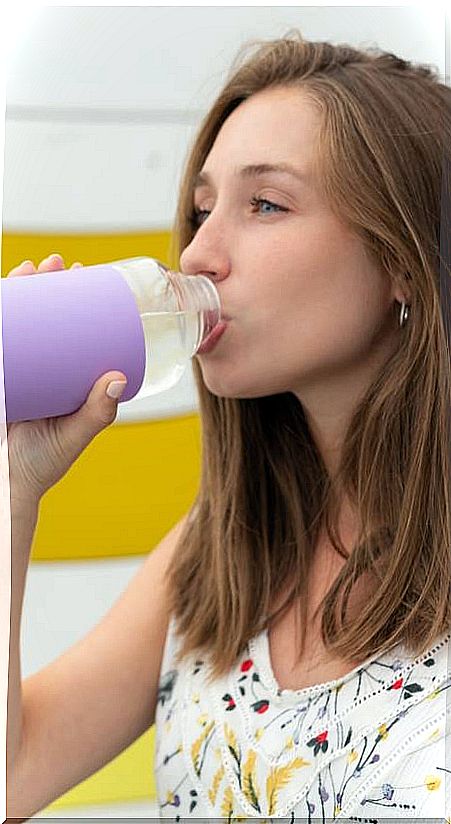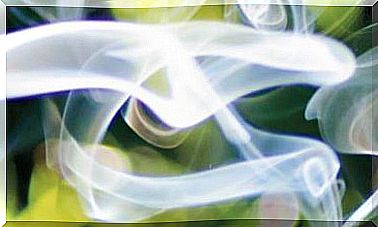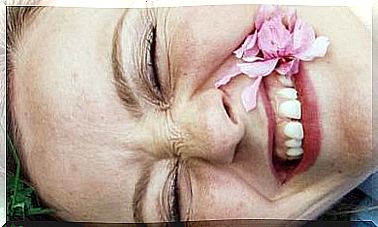6 Mistakes You Can Make When You Drink Water
A thing that looks as simple as drinking water can get complicated. You have to know the optimal amounts that the body needs, how to drink or the right temperature, among other things.

Although not all experts agree on what your water needs are, the most sensible advice is to drink between 1.5 and 2 liters of water a day, but this is not all you need to know. In fact, there are quite a few things you can go wrong with when it comes to drinking.
The 6 mistakes to avoid when drinking water
1. Drink very cold water
Especially on hot days and some people throughout the year, we like to keep our water in the fridge or even put some ice cubes in the glass that we just served. But doing this does not help to cool us beyond the mouth, because the effect is the opposite of what is desired: the body must maintain a stable internal temperature and to correct this entry of cold it has to generate heat. In winter it only forces the body to increase its metabolic effort.
We must learn from the example of the nomadic peoples of the desert, who drink hot drinks to survive hot days. You do not have to heat the water or drink only infusions, it is enough that you drink the water at room temperature.
2. Drink too much water at once
You can’t drink too much water, can you? The color of the urine shows very clearly if we are drinking often and enough.
If the color of your urine is closer to the color orange or the color of beer, it indicates that you have not consumed enough water. However, if your urine is almost colorless, it is a sign that you are drinking too much water. A light yellow color would be perfect.
If you suddenly drink too much water it can cause what is known as water intoxication in the body. Excess water is not removed because the kidneys cannot cope, the water remains in the body and thins the blood, which can have life-threatening consequences. But do not worry, problems can appear if you exceed 5 liters per day.
If you are thirsty, you are drinking too late. This maxim circulates strongly in society. Apparently, according to this phrase, the body would already be suffering from dehydration as soon as the sensation of thirst appears. So you have to drink continuously to avoid it. But this does not have much scientific basis. The right thing to do is to listen to your body’s signals and drink when you’re thirsty. What happens to many people is that they confuse thirst with other sensations, such as hunger or anxiety.
4. Drinking too fast
When it is very hot in the summer or when we have just finished an intense workout, the temptation to empty the water bottle at once is great. But beware: if you drink so much water, your saliva becomes very diluted. This is an important factor for digestion, as it stimulates the digestive juices of the stomach. If you dilute your saliva that much, there is relatively little in your digestive system.
This prevents the body from absorbing the fluid properly. Your bladder fills up quickly and you will urinate most of that water. Your body will barely have enough time to store water and absorb important nutrients.
5. Drink any water
Not all water is the same. There is one with more or less minerals. In summer or after sports, water containing minerals is recommended. Moderate amounts of magnesium, calcium, potassium, sodium, and chloride are ideal for replenishing losses that occur through urine and sweat. Athletes can drink salt-rich drinks to replenish them after intense exercise. The weakly mineralized water is more suitable for calm days.
6. Drink too little
Spread throughout the day, the body must receive between 1.5 and 2 liters of water to function optimally. Although it would be more correct to say that you should drink what you need based on your body build, the ambient temperature, the humidity and the amount of exercise you do.
If you are physically active or sweat a lot, you should drink more. However, many people fail to drink enough every day. This can have a negative effect on mental concentration, skin, urine color, and blood circulation in the body.
7. Drinking from plastic bottles
It is not a good idea because plastic containers leave micro and nanoparticles in the water that our body does not need, of course. They can also contaminate it with plasticizer additives. Glass and steel are the best materials to hold water.









